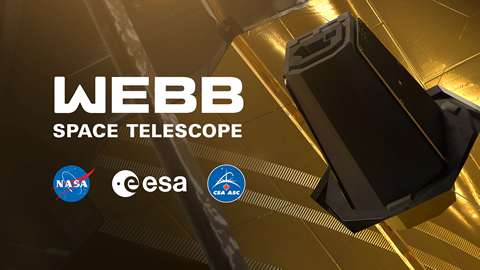JeffKeryk
Thread starter
Fair enough; "science denier" is an incorrect choice of words. My point in the post was some seem to be using the JWST to disprove the BB theory, which I do not subscribe to. The purpose is better understanding by peering into an early period we have not been able to see before.The article Jeffery pointed to said this:
"The author of the article, an independent researcher named Eric Lerner, has been a serial denier of the Big Bang since the late 1980s, preferring his personal pseudoscientific alternative..."
The article does not say he is or was a science denier (so let's correct this now), but a serial denier of the Big Bang and took Kirpatrick's statements out of context, which I believe he did.
Lerner has proposed an alternative Plasma Cosmology (based on Alfven's scientific theories) that has yet to be verified and has had many criticisms of his plasma cosmology. I personally do not agree with the tenets of his plasma cosmology.
Criticisms of the Big Bang do not emanate from rejecters of the scientific method, but from people who believe in the scientific method and who have examined the detailed physics of it and have found it wanting.
Here is a recent NASA article.


